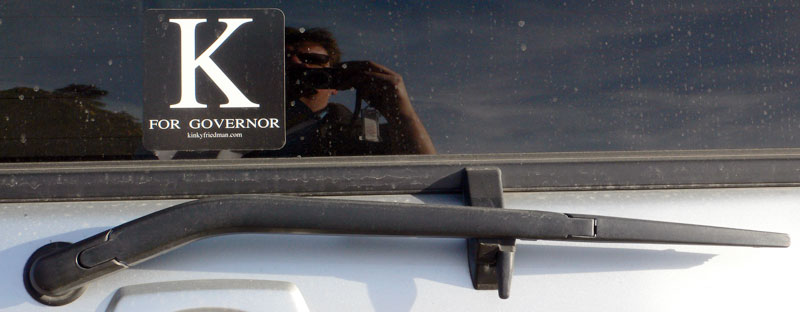GIVE people power and discretion, and whether they are grand viziers or border guards, some will use their position to enrich themselves. The problem can be big enough to hold back a country’s development. One study has shown that bribes account for 8% of the total cost of running a business in Uganda. Another found that corruption boosted the price of hospital supplies in Buenos Aires by 15%. Paul Wolfowitz, the head of the World Bank, is devoting special efforts during his presidency there to a drive against corruption.
For most people in the world, though, the worry is not that corruption may slow down their country’s GDP growth. It is that their daily lives are pervaded by endless hassles, big and small. And for all the evidence that some cultures suffer endemic corruption while others are relatively clean, attitudes towards corruption, and even the language describing bribery, is remarkably similar around the world.
Rich Westerners may not think of their societies as plagued by corruption. But the definition of bribery clearly differs from person to person. A New Yorker might pity the third-world businessman who must pay bribes just to keep his shop open. But the same New Yorker would not think twice about slipping the maître d’ $50 to sneak into a nice restaurant without a reservation. Poor people the world over are most infuriated by the casual corruption of the elites rather than by the underpaid, “tip”-seeking soldier or functionary.
Indeed, in the world’s richest economy, what many see as simple bribery is an integral part of lawmaking. In Washington, DC, it is accepted that a lobbyist’s generous campaign contribution to a crucial congressman may help to steer some spending to the lobbyist’s client.
And… earmarks?
